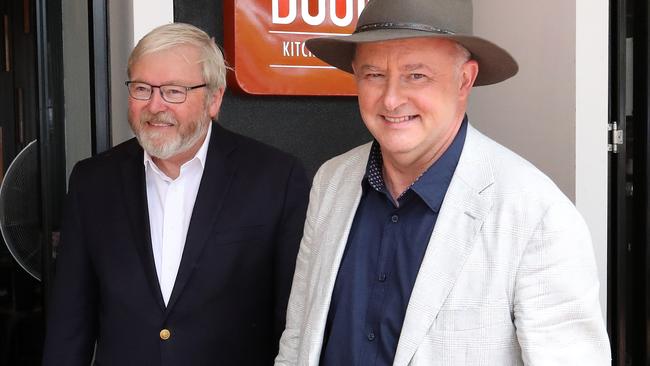
“It’s very straightforward,” he said genially. “We send in the army and police to restore order and stop them from killing each other. We give them squillions for infrastructure, rebuild their institutions, oversee free elections, and then leave. A few years later it’ll turn to the proverbial and they’ll destroy everything … and off we’ll go again.”
RAMSI lasted for 14 years and cost Australia $2.6 billion. As for the diplomat, he was right, as evident in November when rioters torched buildings en masse in Honiara and demanded the resignation of Prime Minister Manasseh Sogavare. He requested Australia immediately intervene, which was no small irony as he had opposed RAMSI from the beginning, claiming it amounted to colonisation. The Morrison Government duly provided ADF and police to restore order. A relieved Sogavare later acknowledged this support, saying Australia was a “best friend” to his country.
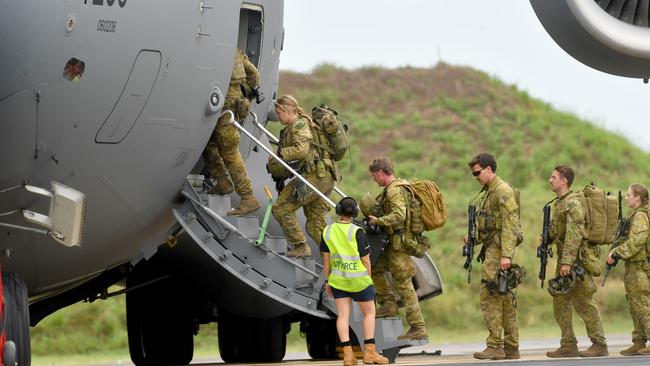
That was four months ago. Never one to let trivial things like scruples bother him, Sogavare has since found a new bestie. Last week we learned his government and China are negotiating a security agreement that would allow Beijing to send its military and armed police to “protect the safety of Chinese personnel and major projects in Solomon Islands”.
Not surprisingly, observers see this as a precursor to Beijing establishing a naval base in the country, a situation that would have severe implications for national security given China’s navy could isolate Australia by blocking vital sea lanes. Such misgivings, however, are an affront to Sogavare.
“We find it very insulting to be branded as unfit to manage our sovereign affairs, or [to] have other motives in pursuing our national interests,” he huffily declared on Tuesday.
Heaven forbid we suspect ulterior interests. As the New York Times reported this week, Sogavare’s fellow citizens are reporting “bribes are constantly being paid by proxies of Beijing with bags of cash and promises of kickbacks for senior leaders often made during all-expenses-paid trips to China”.
On that note, we do not yet know if this new security agreement has a pidgin name. ‘Operation Helpem Flunky’ perhaps? Incidentally, when the Solomon Islands government sought a mandate from its citizens for RAMSI in 2003, Sogavare claimed its parliament was a “puppet for overseas agendas”. His latest stance shows he is remarkably pliable.
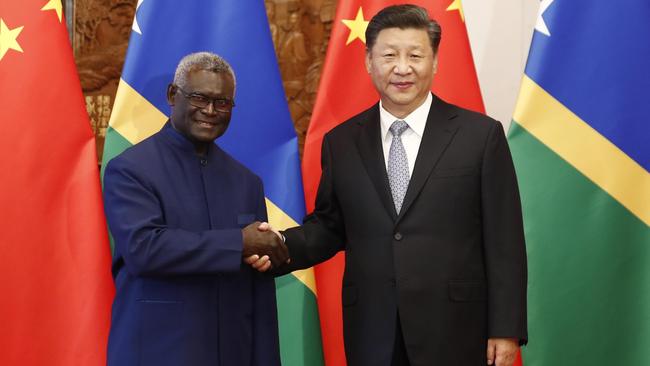
But according to some, this development is the fault of the federal government. That is the opinion of former prime minster Kevin Rudd, who just for something different took the opportunity to castigate the Coalition. “It is in my judgment the result of a high degree of negligence on the part of the Morrison Government,” he told ABC radio last week. “You have the island states … saying Australia ultimately under this government doesn’t give a damn about our interests (with) rising sea waters and the rest.”
Let me get this straight. According to Rudd, the Solomon Islands is dissatisfied with Australia’s attitude to climate change mitigation, and thus turns to China, the biggest emitter of greenhouse gases on the planet? Great argument, Kevin.
As expected, Rudd conveniently ignored his own neglect of the Pacific region. For example, his government and that of his successor Julia Gillard maintained sanctions against Fiji’s Bainimarama Government long after the US and New Zealand resumed relations with that country. In 2012 – when Rudd was foreign affairs minister – the US ambassador in Suva, Frankie Reed, voiced concern that Australia was “throwing Fiji into arms of Chinese”.
According to The Daily Telegraph at the time, Rudd had made only one visit to the Oceanian capitals during his 17 months as foreign affairs minister, that being a weekend trip to Papua New Guinea. “We have never seen him around the smaller Pacific island nation states,’’ said Fijian Prime Minister Frank Bainimarama. “He’s complained about everyone coming here but hasn’t come here himself.’’
Like Rudd, Labor’s foreign affairs spokesperson, senator Penny Wong, also blames the Coalition. “Mr Morrison talks tough on China, but on his watch, a member of our Pacific family plans to sign a security treaty with China,” she said this week, adding the Prime Minister must “explain how this has happened – and what he plans to do about it.”
Both Rudd and Wong might want to speak to Labor deputy leader Richard Marles. Speaking at the Beijing Foreign Studies University in 2019, the then-shadow defence minister had a welcome message for his audience.
“Australia does not have an exclusive right to engage with the Pacific,” he said. “The basis of our interest in the Pacific cannot be about attempting to engage in the strategic denial of others.”
Saying there was a need in the region for “development assistance and financing,” he declared, “And any country, including China, which shares this awareness and is willing to help in this endeavour should enjoy Australia’s support.”
Three weeks after this address, Sogavare signed up to China’s Belt and Road Initiative. As Liberal senator James Paterson revealed last month, this speech was later deleted from Marles’s website.
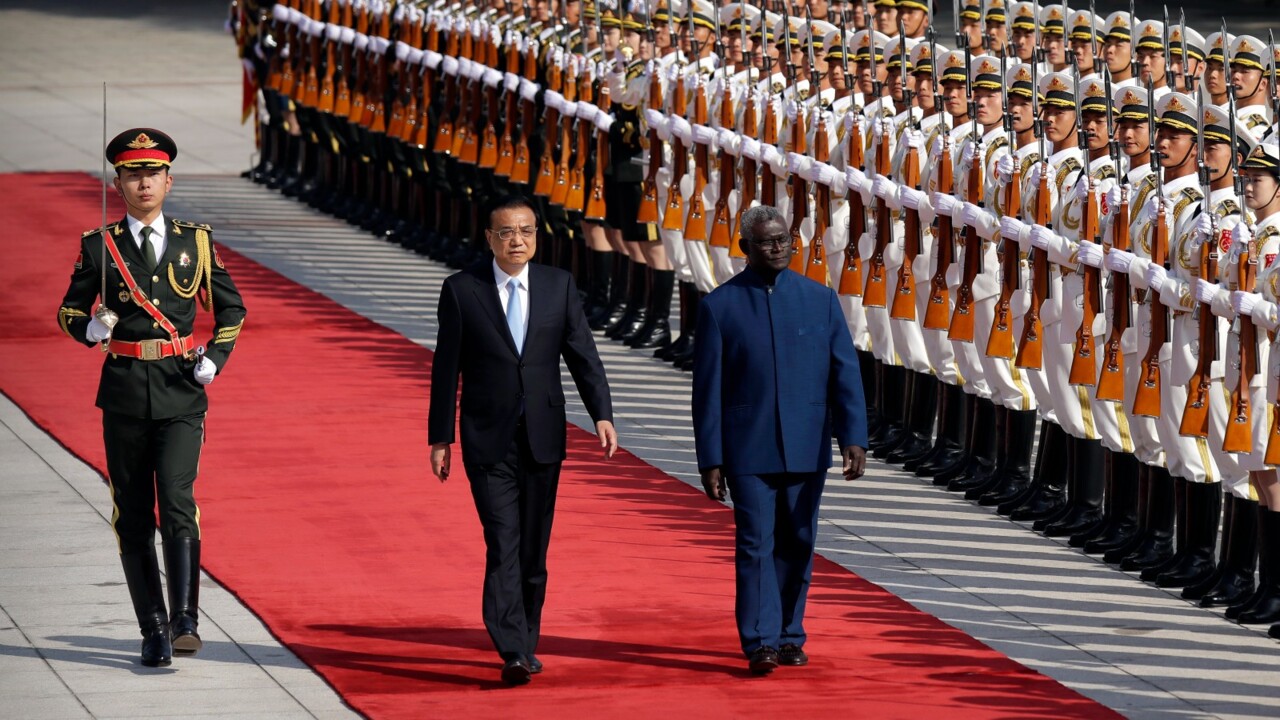
As has been obvious for many years, BRI is China’s attempt to turn the Pacific into an enormous pawn shop, the collateral being strategically located ports and even sovereignty itself. Wong, however, has been breathtakingly naive in not recognising this. “We need a China policy that begins with what China actually is, rather than through the lens of risk management,” she said in 2017. “And we need a policy that looks at the Belt and Road Initiative with an eye to identifying points of mutual interest and complementarity rather than reflexive negativity.”
Not everyone in Labor shared Wong’s quixotic outlook. The late Labor senator Kimberley Kitching publicly criticised the Andrews Government in 2020 for its dalliance with China. “The Victorian government should not have entered into an agreement with the Chinese government on the Belt and Road Initiative – it is bad policy and bad optics,” she told Nine newspapers. As the Fin Review reported this week, Wong’s response was to berate Kitching for ‘disloyalty’ and threaten to publicly rebuke her.
But if there was one single example that showed Wong’s unfitness for the foreign affairs portfolio, it was her subordinating bipartisanship on China for crass provincialism.
“I don’t think Mr Morrison appears to understand how much of WA’s prosperity and contribution to the national economy have been as a consequence of our exports to the region including China,” she told The West Australian last October, saying the government had mishandled the relationship with Beijing. Her solution? “In managing the China relationship we have to take the politics out of it and always look to the national interest.” Spare us the hypocrisy.
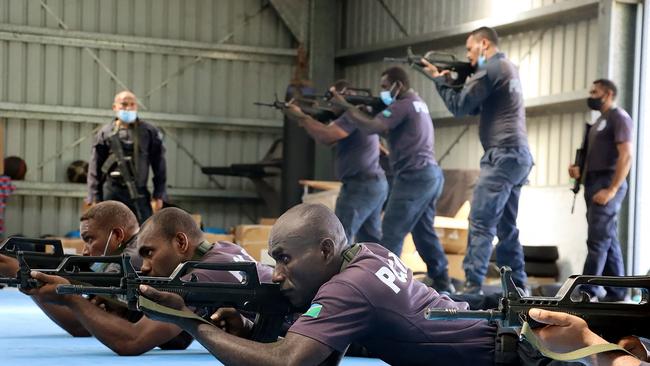
Only three weeks after Wong’s comments, Labor leader Anthony Albanese told The Australian a completely different story. “China needs to change,” he said of the fractured relationship. “China is responsible for the breakdown”. Yet in December 2020, he claimed the blame laid with the Coalition, saying “This government seems to have presided over a complete breakdown of relationships.” This capriciousness is not just opportunistic and grubby: it is also duplicitous and farcical.
This is the same Opposition favoured to win the upcoming federal election. If that is the case our biggest international issue will not be a tin pot Pacific despot. Rather, it will be Labor’s foreign policy dilettantes who have undermined their own country solely to assume power.


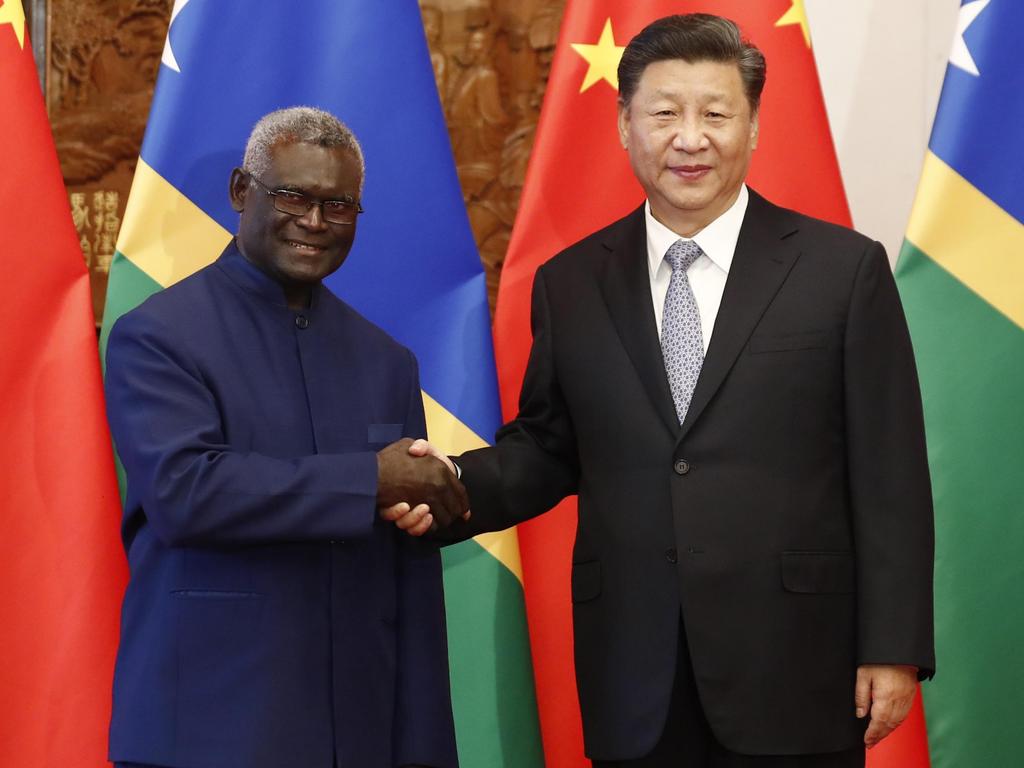

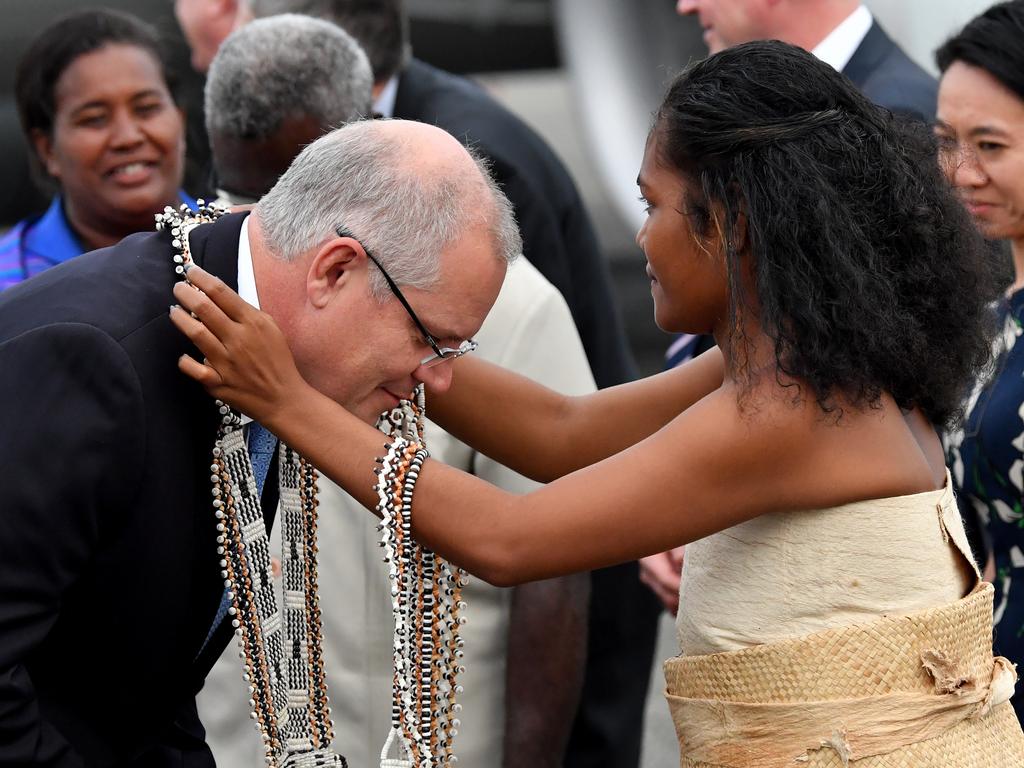


The relationship between our country and the Solomon Islands is one that was best described to me by an Australian diplomat when the Howard Government announced the Regional Assistance Mission to Solomon Islands (RAMSI), also known as Operation Helpem Fren, in 2003.